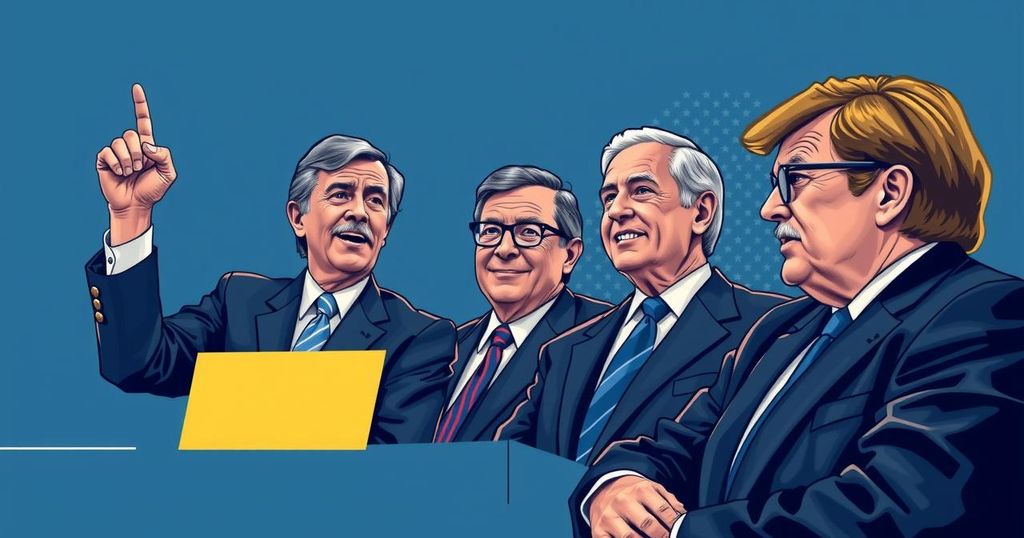Democrats Must Reconnect with the Working Class to Regain Trust and Support

The Democratic Party’s detachment from working-class voters has resulted in negative electoral outcomes, as many feel overlooked and disempowered. While Republicans have begun to appeal more to working-class sentiments, Democrats are cautioned to reconnect with their base by actively confronting economic injustices and renaming powerful adversaries. Failure to address these issues may lead to continued voter alienation and electoral defeat.
The Democratic Party’s estrangement from working-class voters has produced detrimental outcomes, exemplified by the sentiments expressed by a voter who remains critical of current leadership. This voter notes a disconnect between the party’s perceived economic health proclamations and the struggles faced by everyday Americans. Additionally, there exists a deeper cultural tension, wherein working-class individuals feel condescended to by the educated elite, a demographic often aligned with the Democratic Party. Despite voting Democratic in pivotal elections, many in the working class express dissatisfaction with the party’s focus on affluent suburban voters. This is indicative of a broader strategy that appears to neglect the concerns of its traditional base in favor of securing votes from wealthier constituencies. The failure of this approach is apparent, having misfired in recent elections as evidenced by shifting allegiances among diverse groups, including lower-income Black and Latino voters. Republican strategists recognize this shifting dynamic and are responding by positioning their party as representative of working-class interests, albeit with a narrow agenda that inadequately addresses underlying economic issues. Despite their rhetorical claims, the Republican platform, paradoxically, does not substantively support working-class improvement. The core of Trump’s appeal lies in his ability to frame his message around anti-elite sentiments, effectively attributing societal grievances to a broad array of elite figures. By reframing the enemy as cultural rather than economic, he distracts from the policies harming the working class. Democrats, conversely, must connect economically and socially with these disenchanted voters, yet they hesitate to name economic wrongdoing clearly, often avoiding confrontation with powerful interests. As a result, there is a persistent need for the Democratic Party to re-engage with its historical base. To do so effectively, they must adopt a more robust economic narrative that resonates with working-class individuals, stand up to visible economic power brokers, and present a united front against inequalities exacerbating the current climate. Only through reshaping their messaging and confronting these issues head-on can they hope to regain the trust and support of working-class voters.
The Democratic Party has increasingly distanced itself from working-class constituents, leading to disillusionment and possible electoral defeat. Critical voices within the party reflect growing concerns that current leadership prioritizes affluent voters over lower-income ones. The blog post illustrates this disconnect through personal anecdotes and broader electoral trends, suggesting that Democrats must reformulate their approach to reconnect with their foundational voter base. The analysis further emphasizes a need for open confrontation against the economic elites responsible for the growing divide, proposing that failure to align with working-class grievances may continue to jeopardize the party’s electoral viability.
In summary, to regain the support of working-class voters, the Democratic Party must confront its ambivalence towards economic inequality and recommit to advocating for the needs of this demographic. A more aggressive stance against powerful economic actors combined with effective storytelling that resonates with the everyday struggles of these voters is essential. If Democrats neglect to address these fundamental issues with sincerity and vigor, they risk further alienation and potential decline in electoral success.
Original Source: www.aljazeera.com







